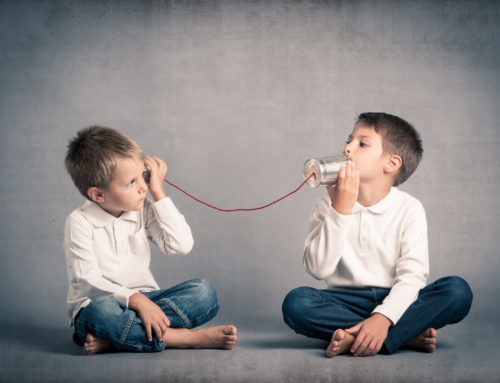Blog courtesy of Bridge Global Strategies
Some say they are lazy, narcissistic, and spoiled. Others would describe them as socially responsible, and digitally aware. Who are they? They are the Millennials.
Also known as Generation Y, this demographic group of individuals is getting a lot of attention from both the media and the business world. They are vastly different from the Baby Boomers and those of Generation X that came before them. Statistically, they can be defined as anyone born between 1980 and the early 2000s and they encompass the age group of about 16-30. Whether you think this young generation has had a positive or negative effect on our society, one thing we can almost all agree on is that these 100 million people, make up the largest, most educated and technologically savvy generation in American history.
These characteristics have significant implications on the marketing world, dictating everything from the effectiveness of communication channels to the appropriate tone and style of messaging to engage audiences. As the wealth of Millennials grows and they play a bigger and bigger role in the economy, marketers will need to adjust their approach to this group to ensure that they are building brand equity for the long-term future. Here are a few important things to know about this burgeoning consumer group:
1. Millennials Are Influencers:
Although sometimes misportrayed as an apathetic bunch, Millennials are enthusiastic about the opportunity for change. They are hopeful and aware that they have a voice and the ability to influence others. When working with or targeting this generation you must keep in mind that they are far more open with communication than the generations before them. More often than not they will voice their opinions, experiences and feelings about your brand.
2. Millennials Have Fully Embraced Social and Digital Media:
While Baby Boomers and a lot of Generation Xers grew up in a pre-personal computer world, many Millennials have never known life without personal computing and internet access. From casual conversation to obtaining the weather forecast, these individuals use the Internet and their electronic devices to do almost everything. According to Pew Research Center, “They are the first generation in human history who regard behaviors like Tweeting and texting, along with websites such as Facebook, YouTube, Google and Wikipedia, not as astonishing innovations of the digital era, but as everyday parts of their social lives and their search for understanding.” Companies that are not present in social media won’t be present in the minds of this consumer group.
3. Millennials Are Diverse and Becoming Increasingly Less Traditional:
This generation of Americans is more ethnically and racially diverse than any other generation, and they are becoming less and less traditional as they enter the workforce. More of them are unemployed than their predecessors, and those that are employed enjoy working in teams, welcome open communication with supervisors, and are brutally honest. They often prefer non-traditional work schedules, because the fact is, they are always connected, no matter where they are. As far as politics and religion are concerned, Millennials are the most politically progressive age group in modern history, according to Pew, and they are far less religiously identified than their parents and grandparents were at their age. Millennials are more tolerant regarding gender, race, and sexual orientation than previous generations. Companies must keep these factors in mind and tailor their communications to this sensitive and diverse segment.
Some studies have shown that Millennials are less brand-loyal than previous generations. Others have shown that they are more brand-loyal. There are a lot of different theories and ideas about how to market to this generation, but one prevalent theory is that overt marketing is not the best way of building brand equity with Millennials, who do not trust advertising and rely most on the opinions of their peers via social media.
Millennials have grown up in a world inconsistent with that of other generations and they hold different beliefs and habits as a result. Millennials believe that the term “community” extends beyond the neighborhood or graduating class, and that they have a social responsibility to make the world a better place.
Companies must learn how to embrace this different breed of consumer and begin aligning their marketing strategies with the values Millennials have and the way they obtain and evaluate information. Marketers who do this will not only be positioning themselves for short-term commercial success, they will also be building brand equity that will contribute to their long-term growth.
If you’re in healthcare, insurance, technology or other professional services industries, and need help with public relations, marketing or crisis communications, contact Scott Public Relations.
Like what you’ve read? Follow Scott Public Relations on Facebook , Twitter, Pinterest and Google+. For convenient blog updates, sign up for the Einsight RSS feed!





Leave A Comment